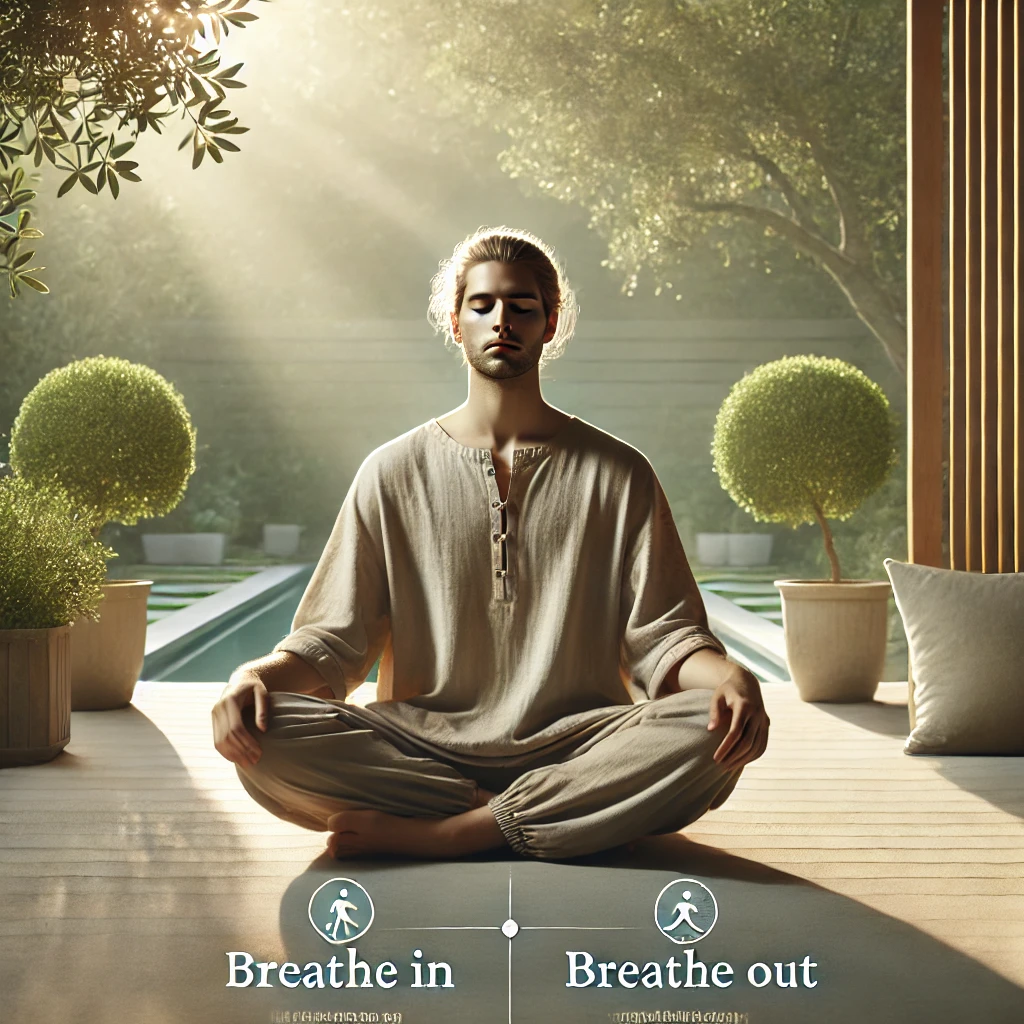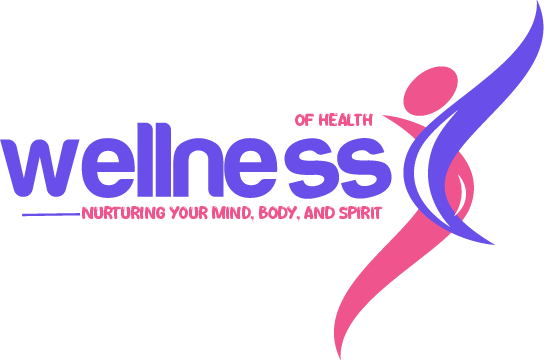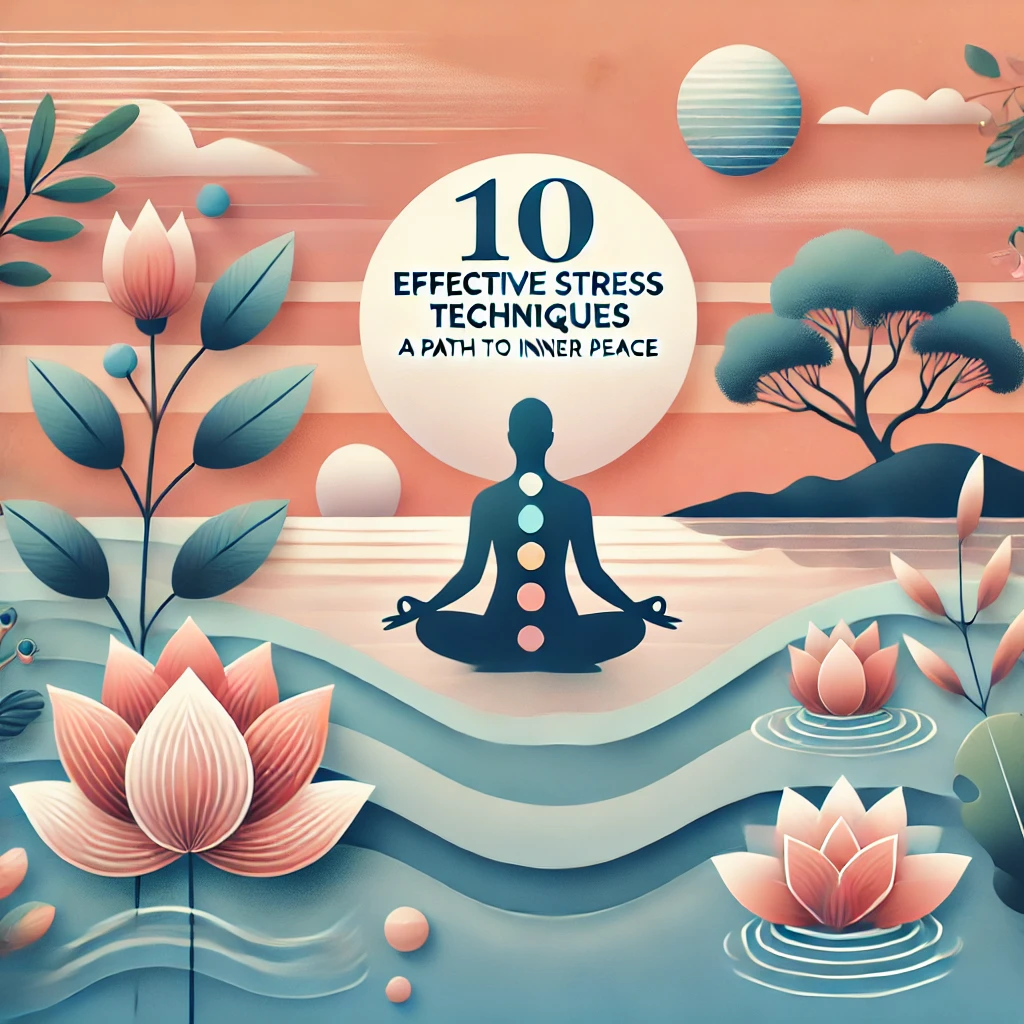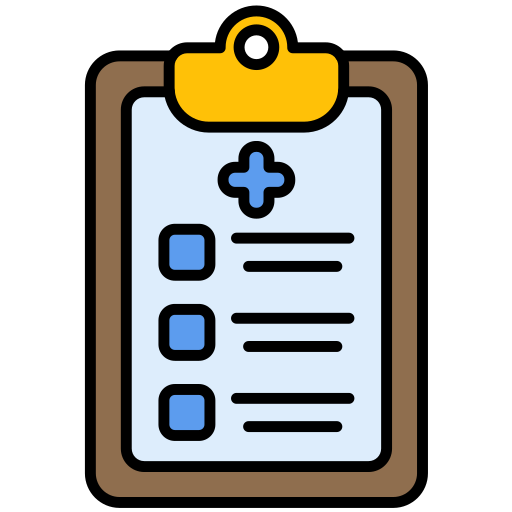Outline
| Headings | Sub-Headings |
|---|---|
| Introduction | – Importance of Stress Management |
| Deep Breathing Exercises | – Techniques and Benefits |
| Progressive Muscle Relaxation | – Steps and Advantages |
| Mindfulness Meditation | – Practices and Outcomes |
| Physical Activity and Exercise | – Types and Effects |
| Healthy Eating | – Nutritional Tips and Stress Relief |
| Adequate Sleep | – Sleep Hygiene and Stress Reduction |
| Time Management | – Strategies for Effective Planning |
| Hobbies and Interests | – Role in Stress Management |
| Social Support | – Building a Support Network |
| Professional Help | – When to Seek Therapy |
| Common Pitfalls and Solutions | – Overcoming Barriers |
| Future Trends in Stress Management | – Innovations and Research |
| Conclusion | – Recap of Techniques |
| FAQs about Stress Management | – Addressing Common Queries |
| Additional Resources | – Further Reading and Tools |
Managing stress effectively is crucial for maintaining mental and physical well-being. This guide explores 10 proven techniques that can help you manage stress and enhance your overall quality of life.
Introduction
Stress management
is an essential skill in today’s fast-paced world. Whether it’s work pressure, personal responsibilities, or unexpected challenges, everyone experiences stress to varying degrees. However, understanding and implementing effective stress management techniques can significantly improve your ability to cope with stress and lead a more balanced life. For more on the importance of mental well-being, visit our Mental Health Resources.
Stress Management with Deep Breathing Exercises
Deep breathing exercises are one of the simplest yet most powerful techniques for stress management. By focusing on your breath, you can activate the body’s relaxation response, which helps reduce stress levels.
To practice deep breathing, find a quiet place to sit or lie down. Close your eyes and take a slow, deep breath in through your nose, allowing your abdomen to expand. Hold your breath for a few seconds, then slowly exhale through your mouth. Repeat this process several times, focusing on the sensation of your breath entering and leaving your body. This technique can be done anywhere and at any time, providing immediate stress relief. Learn more about breathing techniques in our Comprehensive Guide to Relaxation Techniques.

Stress Management through Progressive Muscle Relaxation
Progressive muscle relaxation (PMR) involves tensing and then slowly releasing each muscle group in your body. This technique helps reduce physical tension and promotes a state of relaxation.
Start by finding a comfortable position. Begin with your toes, tensing the muscles tightly for a few seconds, then gradually releasing the tension. Move up through your body, focusing on each muscle group – from your calves and thighs to your abdomen, chest, arms, and face. By the end of the exercise, your entire body should feel more relaxed, helping to alleviate stress. For detailed instructions, check out our Progressive Muscle Relaxation Guide.

Mindfulness Meditation for Stress Management
Mindfulness meditation encourages you to focus on the present moment, acknowledging your thoughts and feelings without judgment. This practice can help reduce stress by promoting a sense of calm and acceptance.
To practice mindfulness meditation, find a quiet place to sit comfortably. Close your eyes and take a few deep breaths. Focus on your breath, the sensation of each inhale and exhale. If your mind starts to wander, gently bring your focus back to your breath. Regular practice of mindfulness meditation can help you develop a greater awareness of your thoughts and feelings, reducing stress over time. Explore more about mindfulness in our Mindfulness Meditation Practices.

Physical Activity and Exercise for Stress Management
Engaging in regular physical activity is a highly effective way to manage stress. Exercise releases endorphins, which are natural mood boosters, and helps reduce levels of the stress hormone cortisol.
Incorporate activities you enjoy, such as walking, jogging, cycling, or yoga, into your routine. Aim for at least 30 minutes of moderate exercise most days of the week. Not only does physical activity improve your physical health, but it also provides a mental break, helping you manage stress more effectively. For ideas on staying active, visit our Fitness and Exercise Tips.

Healthy Eating for Better Stress Management
Your diet can significantly impact your stress levels. Consuming a balanced diet rich in fruits, vegetables, lean proteins, and whole grains can improve your overall well-being and help manage stress.
Avoid excessive caffeine and sugar, as these can contribute to stress and anxiety. Instead, focus on foods that provide steady energy and promote a stable mood, such as complex carbohydrates, omega-3 fatty acids, and magnesium-rich foods. Staying hydrated by drinking plenty of water is also essential for maintaining optimal stress levels. Check out our Healthy Eating Habits for more tips.

Adequate Sleep for Effective Stress Management
Getting enough sleep is crucial for stress management. Lack of sleep can increase stress hormones and negatively impact your mood and cognitive function.
Establish a regular sleep routine by going to bed and waking up at the same time each day. Create a relaxing bedtime environment by keeping your bedroom cool, dark, and quiet. Avoid screens and stimulating activities before bed, opting instead for calming activities like reading or taking a warm bath. Prioritizing sleep can significantly reduce stress and improve overall health. For more on improving sleep, read our Sleep Hygiene Tips.

Time Management as a Stress Management Technique
Effective time management can help reduce stress by allowing you to prioritize tasks and avoid feeling overwhelmed. By organizing your time wisely, you can create a more balanced and manageable schedule.
Start by making a to-do list, prioritizing tasks based on importance and deadlines. Break larger tasks into smaller, more manageable steps. Use tools like calendars and planners to keep track of your commitments. Allow yourself breaks and downtime to recharge. By managing your time effectively, you can reduce stress and increase productivity. For detailed strategies, visit our Time Management Techniques.

Hobbies and Interests for Stress Management
Engaging in hobbies and interests can provide a much-needed escape from stress. Whether it’s painting, gardening, reading, or playing a musical instrument, hobbies allow you to focus on activities you enjoy and find fulfilling.
Make time for your hobbies regularly, even if it’s just for a few minutes each day. These activities can provide a sense of accomplishment and relaxation, helping to alleviate stress and improve your overall well-being. Discover more hobby ideas in our Guide to Relaxing Hobbies.

Social Support in Stress Management
Having a strong support network is essential for managing stress. Connecting with friends, family, and support groups can provide emotional support, practical advice, and a sense of belonging.
Make an effort to maintain and strengthen your relationships. Share your feelings and experiences with trusted individuals who can offer support and understanding. Social interactions can help you feel more connected and less isolated, reducing stress levels. Learn more about building social support in our Community and Relationships.

Seeking Professional Help for Stress Management
Sometimes, professional help is necessary to manage stress effectively. Therapists, counselors, and mental health professionals can provide strategies and support tailored to your specific needs.
If stress is overwhelming and interfering with your daily life, don’t hesitate to seek professional help. Therapy can offer a safe space to explore your feelings and develop coping mechanisms. Professional guidance can make a significant difference in managing stress and improving mental health. Find out more in our Guide to Professional Mental Health Support.

Common Pitfalls and Solutions in Stress Management
While these techniques are effective, it’s essential to be aware of common pitfalls. For instance, trying to implement too many changes at once can be overwhelming. Instead, focus on one or two techniques at a time. Additionally, it’s crucial to be patient and consistent, as the benefits of stress management practices may take time to manifest.

Future Trends in Stress Management
The field of stress management continues to evolve, with new research and innovations emerging regularly. Techniques such as digital therapy, virtual reality relaxation, and biofeedback are gaining popularity. Staying informed about these trends can provide additional tools and resources for managing stress effectively.
Conclusion
Stress management is a vital skill that can significantly enhance your quality of life. By incorporating these 10 effective techniques into your routine, you can reduce stress levels and promote a sense of calm and well-being. Remember, managing stress is an ongoing process, and finding the right combination of techniques that work for you is key.
FAQs about Stress Management
- What is stress management?
- Stress management involves techniques and strategies to cope with stress and improve overall well-being.
- How can deep breathing exercises help with stress?
- Deep breathing activates the relaxation response, reducing stress levels and promoting calm.
- What are the benefits of mindfulness meditation?
- Mindfulness meditation helps you stay present, reducing stress and increasing emotional regulation.
- Why is physical activity important for stress management?
- Exercise releases endorphins, which boost mood and reduce stress hormones.
- How can I improve my sleep to reduce stress?
- Establishing a regular sleep routine and creating a calming bedtime environment can improve sleep quality and reduce stress.
- When should I seek professional help for stress management?
- If stress is overwhelming and interfering with daily life, seeking professional help can provide tailored strategies and support.
Additional Resources
For further reading and tools related to stress management, consider exploring the following resources:


